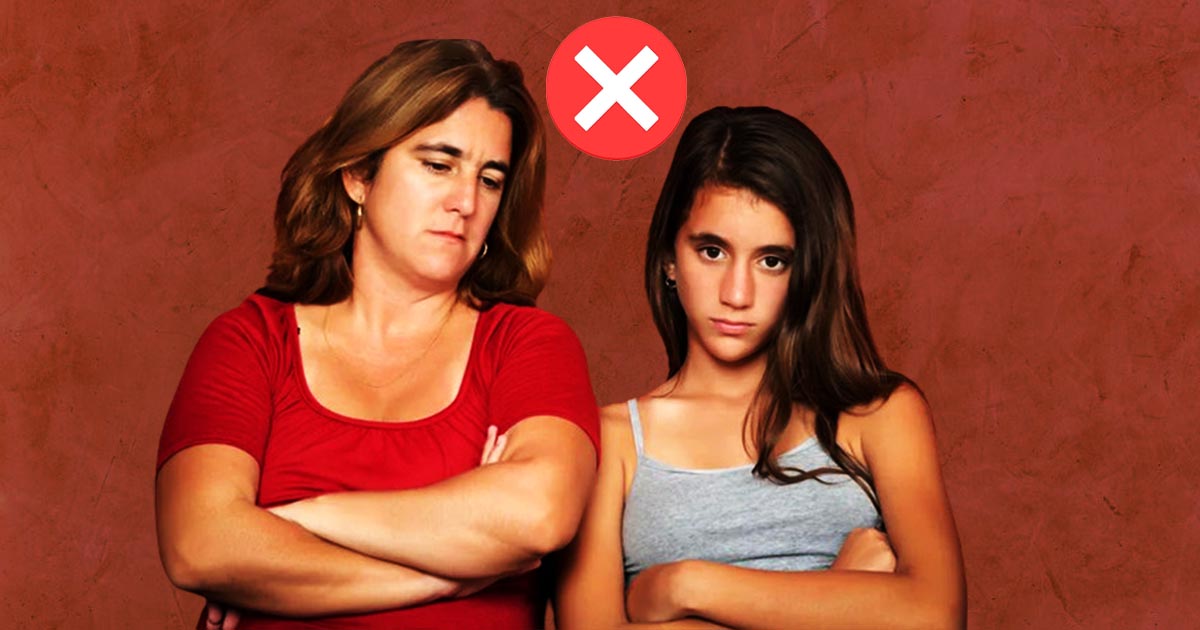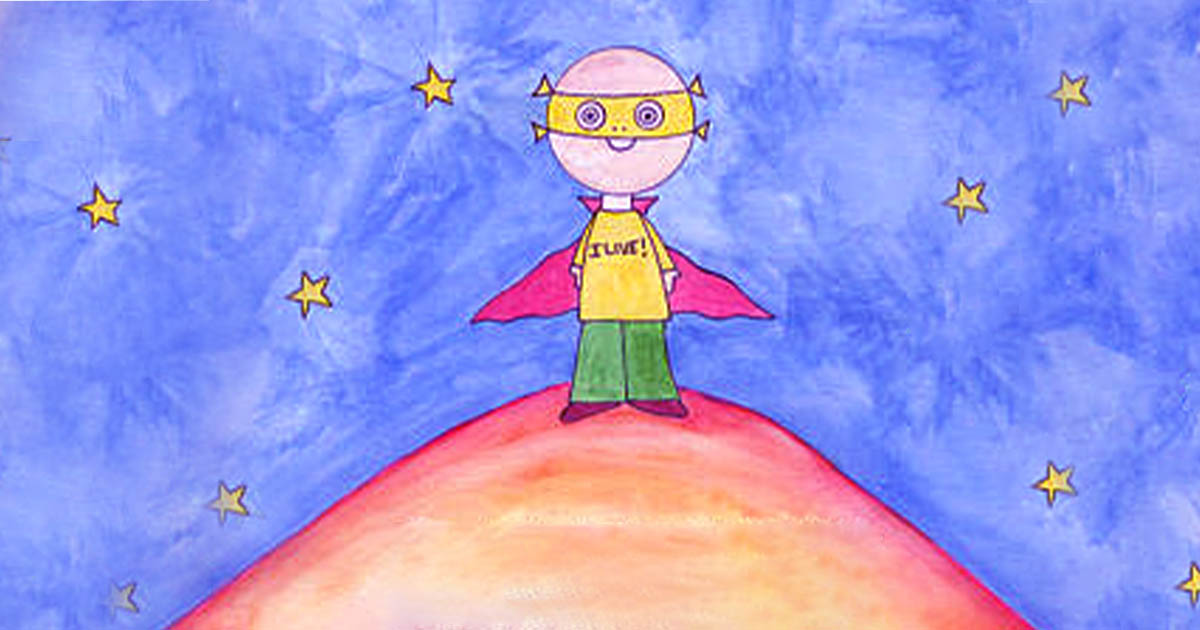Gender stereotypes in childhood are an all-pervasive but often ignored situation that has deep effects on child growth and prosperity. Boys or girls are consistently sent messages about what being masculine or feminine entails through the toys they play with up to the roles they are expected to perform.
In this article, we will delve into subtle ways in which gender stereotypes in childhood manifest themselves when people are still young including where they come from, how they work, and what damage they can do to children’s lives.
Additionally, we shall also look at how damaging these ideas can be to various aspects of children’s lives such as their self-worth, social skills development, educational achievements as well as career choices.
How Does Gender Stereotyping In Early Years Work?
Gender stereotyping usually starts in the early years during socialization when kids are introduced to cultural norms, values, and expectations about gender roles.

Gender stereotyping in early years happens like this:
1. Influence of families:
The immediate family members of a child can teach them what they should know about gender roles and stereotypes. Parents might not realize it but they may strengthen these by giving certain chores, toys, or activities depending on their children’s sex.
For example, boys could be told to play with trucks and indulge in rough games but girls will be directed towards dolls while engaging in nurturing activities.
2. Media and entertainment:
Television shows, movies, books, and advertisements also contribute greatly to the perpetuation of gender stereotypes in childhood. Characters and storylines that depict traditional male or female behavior are what children get exposed to most of the time.
From children’s short stories to cartoons, all influence gender stereotyping in early years of a child.
For instance, there are many strong adventurous male characters but caring passive females.
3. Peer pressure:
Upon interaction with their peers, young people learn to notice and copy behaviors that are consistent with cultural norms on gender. Clubs of friends reinforce stereotypes about sex through games, language, and rules.
Children can be compelled by the need to belong into following established standards of masculinity or femininity within certain groups they associate themselves with.
4. Educational environment:
Schools and pre-school settings have the potential to challenge or perpetuate gender stereotypes in childhood. Teachers may unknowingly foster prejudice in class activities, books used for teaching, etc. while interacting with learners based on their sex.
For instance; girls might be prompted towards participating more in arts and languages whereas boys steered towards mathematical and science subjects.
5. Cultural/societal factors:
Culture and society significantly shape the early childhood phase of gender stereotypes in childhood.
Different societies prescribe specific ways males/females should behave, dress, or relate with others hence making it difficult for individuals or communities to question such expectations since they are handed down from one generation to another over time.
6. Unconscious Bias:
Adults may have unconscious biases related to sex that could affect their dealings with kids. Even people who mean well might inadvertently strengthen gender roles when they praise boys for being forceful or girls for being polite, for example.
To sum up, sex-role stereotyping among the very young is a complicated matter that is affected by many things such as family structure; representation in media; interaction with peers at school and wider society around them including educational policies/practices, etc.
It takes effort on the part of parents; teachers/media producers and society generally – everyone needs to work together towards this goal if we want children to grow up with equal opportunities no matter what their interests might be
7 Harmful Effects Of Gender Stereotypes In Early Childhood
Gender stereotypes in childhood can be very problematic for children’s development and well-being.

Here are seven effects of gender stereotypes:
1. Thwarting possibilities
By limiting the roles or expectations that should be played by children based on their sex, gender stereotypes in childhood can also greatly limit their potential.
For instance, societal perceptions of masculinity might dissuade boys from pursuing dance or art while considerations about femininity may discourage girls from taking part in sports or engineering activities considered as ‘masculine’.
These restrictions stifle creativity, curiosity and personal growth among kids; they only allow them to use a fraction of their talents/interests thereby making it impossible for them to achieve excellence in any field of life.
2. Low self-esteem:
Children who fail to conform to the norms or expectations associated with their sex role may experience serious difficulties in developing positive self-esteem/self-worth.
They might internalize negative attitudes towards themselves and what they can do when such individuals realize that things are not going as society expects boys/girls should behave, dress up interact etcetera.
This internalized oppression destroys confidence hence making one feel inadequate thus doubting his/her abilities which eventually leads to a lack of mental peace in addition to preventing personal success across various domains.
3. Understatement:
When children are subjected to gender stereotypes in childhood they cannot express themselves freely and be creative too leading to restricted self-awareness as well as hampering the exploration of personal interests, talents, and identities.
In their early years, boys and girls are taught what is considered appropriate for each sex in terms of looks, hobbies, or conduct thus limiting their ability to communicate genuinely with others.
Boys might feel that they should not show any signs of being emotional or having an interest in things perceived as feminine while girls may be expected to act passive or caring in line with traditional roles played by women.
At this point, it is worth noting that such limited expression hinders emotional growth among children which makes establishing healthy relationships quite difficult thus interfering with overall contentment and authenticity.
4. Peer Pressure:
Children often feel compelled to match the societal expectations about gender which can only happen if they receive support from their friends otherwise they will be shunned away by them hence the need for conformity.
For instance, in school playgrounds different messages on how boys/girls ought to behave, dress, or socialize are passed across continuously.

Any child who fails to meet these standards risks being isolated, teased or even bullied by peers thereby forcing them into concealing certain aspects of themselves so as fit within the required framework.
This desire for uniformity coupled with fear of being judged creates an environment where kids find it hard to be real and make genuine connections with others around them
5. Conflict and Bullying:
Having gender-nonconforming behaviors, children often become a laughing stock, subject to bullying, or excluded from their peers; this can lead to conflict among them.
Considered “feminine,” boys may be mocked for showing interest in activities that are deemed weak or girlish; on the other hand, girls participating in what is seen as manly pursuits could be accused of being bossy or tomboyish.
Such kind of harassment together with social isolation has severe implications on the mental health of kids making them feel lonely, ashamed, and worried thereby undermining their self-esteem and sense of belonging.
6. Narrowed Career Choices:
Gender stereotypes in childhood can affect significantly the perception among children about suitable professional paths which results in limited occupational diversity.
The moment they start growing up, kids get exposed to societal expectations concerning roles as well as jobs considered fit for either male or female thus affecting their life dreams and goals too.

For instance, it is common for people to encourage boys to take up science courses related to fields such as engineering and mathematics while girls are advised to stick with teaching caregiving among other considered feminine occupations like nursing care giving etcetera.
Consequently, this implies that children will only know a few careers thereby failing to recognize talents and interests fully perpetuating gender imbalances within the labor market hence compromising personal growth both socially and professionally too.
7. Gender Inequality and Discrimination
Systemic gender inequality and discrimination are perpetuated by the existence of sex roles. This is done by attributing some duties, conducts, or qualities to one gender than the other.
This belief system further entrenches harmful prejudices that fuel imbalances in power as well as opportunities among males and females because when children think that boys should always be aggressive, firm, and rationality inclined while girls must be soft caring emotional beings it creates a wrong impression in them.
In addition, such stereotyping not only upholds various forms of oppression at different levels but also hampers social justice initiatives aimed at attaining gender balance within communities hence leading to wider marginalization patterns against women and girls as well as other vulnerable groups.
To mitigate these negative outcomes we need to challenge this kind of thinking right from childhood itself; wherefore inclusive environments should be established that allow for free self-discovery irrespective of one’s sex.
A Word From Mind Family
In ending this discussion on the destructive power of gender stereotyping in early years, it is critical to look back at how much influence these perceptions can have on kids’ lives and health.
At Mind Family, we are strong believers in education, consciousness-raising, and lobbying as tools that can be used to confront and debunk gender stereotypes in childhood.
We call upon parents, teachers; makers of policies; and people within different communities all over the world at large so they may come together with us towards achieving this goal.
If we work hand in hand then no child will be left behind or restricted by damaging beliefs about what it means to be masculine or feminine which society imposes on them based solely due their sex alone.
Frequently Asked Questions (FAQs)
1. How do gender stereotypes in childhood affect development?
Effects of gender stereotypes can limit potential, lower self-esteem, restrict expression, induce social pressure and conflict, narrow career choices, perpetuate inequality, and foster discrimination, hindering holistic development.
2. What role do families play in perpetuating gender stereotypes?
Families often reinforce stereotypes by assigning gender-specific tasks, toys, and behaviors to children, inadvertently perpetuating societal norms and expectations.
3. How can educators challenge gender stereotypes in schools?
Educators can promote inclusivity by offering diverse role models, avoiding gendered language and activities, and encouraging all students to explore interests and talents freely.











